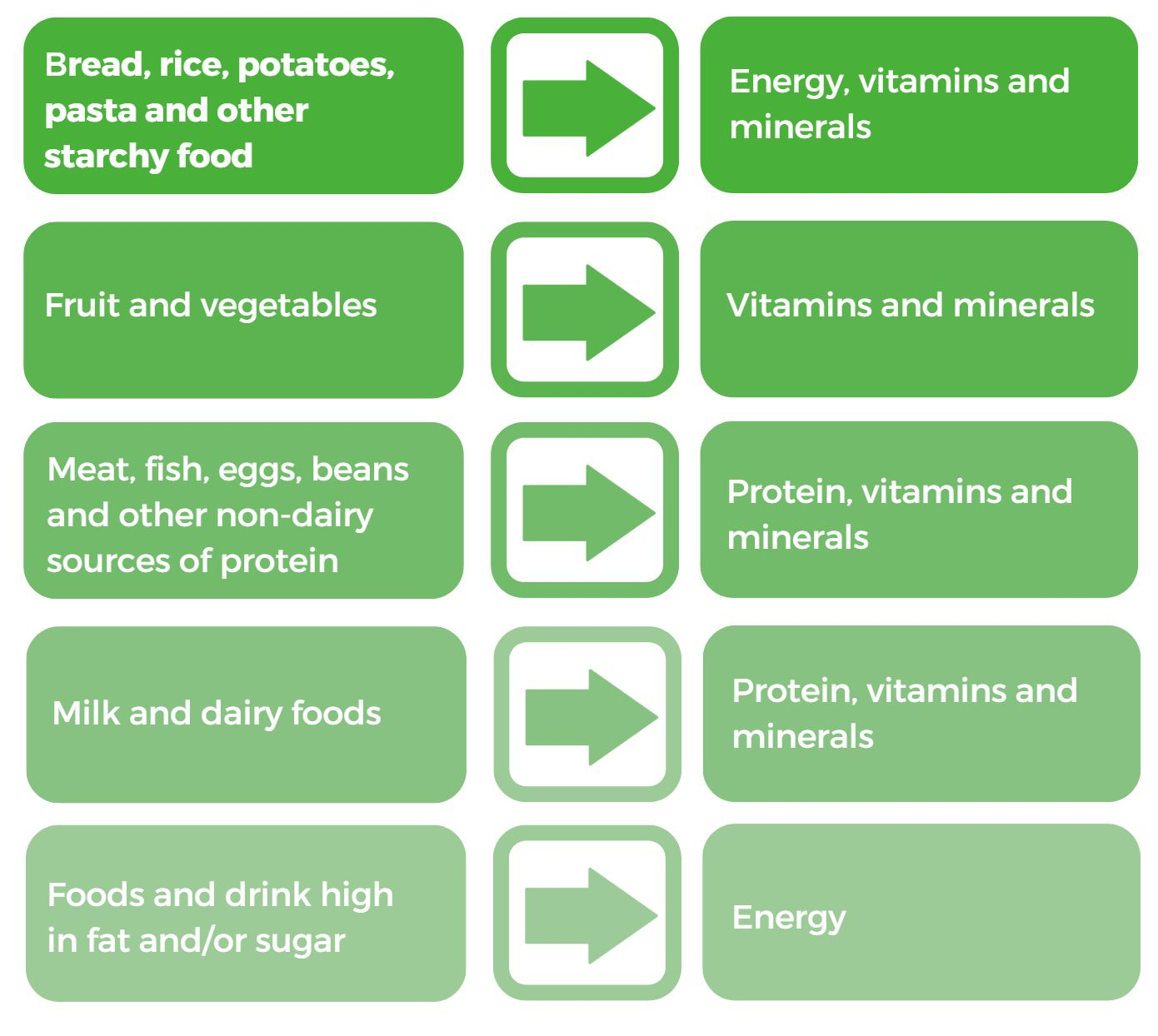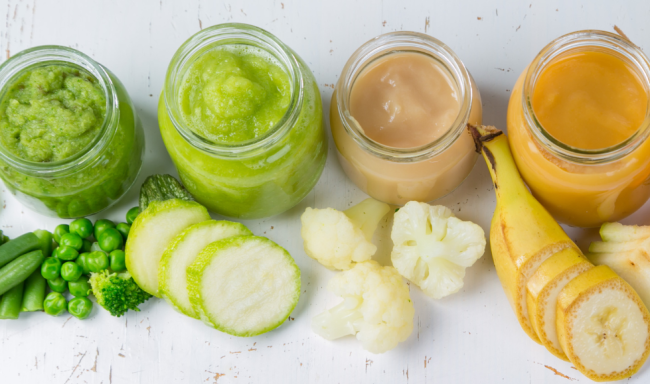People living with Huntington’s can be more at risk of not getting enough good nutrition.
As Huntington’s progresses, issues with nutrition may become more prevalent as cognitive and physical changes, and changes in mood, may make eating and drinking more difficult. This can lead to weight loss or malnutrition. Huntington’s disease affects everyone differently and not everyone will face the same challenges.
How does Huntington's affect diet and nutrition?
- Chorea movements - Chorea movements are jerky, uncontrollable muscular movements. These movements tend to use more energy, thereby contributing to weight loss if enough calories are not being consumed to counter-balance the increased energy needs.
- Stumbling or clumsiness - Stumbling and clumsiness can make eating and drinking difficult and can cause embarrassment, which may result in eating less.
- Poor concentration and short-term memory lapses - Poor concentration and short-term memory lapses can lead to difficulty in planning when and what to eat. In some cases, people can often completely forget to eat as they do not recognise hunger in the same way that they used to.
- Depression and mood changes - Depression and mood changes can affect the desire and motivation to eat.
- Communication issues - Issues with communication can also have an impact on reducing nutritional intake as it may be difficult to effectively articulate needs.
- Muscular problems - Muscular changes can lead to practical issues around eating, drinking and posture. These can include reduced hand to mouth coordination and jerky chorea movements limiting food getting into the mouth.
- Swallowing problems - Swallowing problems, also known as dysphagia, can lead to difficulties while eating and drinking due to an increased risk of choking.
Why does Huntington's affect diet and nutrition?
Increased energy expenditure
A person with Huntington’s who is having chorea movements will be using up more energy than they would be without the movements. This means more protein and calories will be required to maintain weight. As the condition progresses, requirements are significantly more compared to standard intake.
Changes in appetite
Changes in appetite can occur at various stages of Huntington’s and can be for a variety of reasons. They can be due to physical changes, like difficulty with swallowing, or mental changes, like low mood or depression. Fear of spilling foods or choking can also contribute to someone not eating.
Dry mouth
Medication and/or dehydration can result in a dry mouth. If a person has dry mouth it may help to take small sips of water frequently, suck on sweets with sharp citrus tastes to increase saliva or suck on ice cubes made from fruit juice.
If the problem persists, a GP may also be able to give advice on artificial saliva preparations which are available on prescription.
Communication and cognition
Communication, cognition (the process of planning what to say) and speech production (the process in which thoughts become speech) can all be affected by Huntington’s disease. It is therefore essential to maintain as much communication as possible from the beginning.
Huntington's can make it difficult for people to put thoughts into words. Due to short-term memory loss it is common for people to lose their train of thought and become harder to understand. This can have an impact on many day-to-day activities including eating habits, meal planning and ensuring food preferences are met.
Eating a healthy and balanced diet
Eating a healthy, balanced diet is essential to maintain a good level of health. This includes eating a variety of foods from all the different food groups on a regular basis, to provide the body with all the energy and nutrients that are needed.
Breads, cereals, potatoes, pasta and rice
Breads, cereals, potatoes, pasta and rice provide energy. It is important to consume a selection of these foods throughout the day in order to keep energy levels up. As the day progresses, tiredness can increase, so basing meals on starchy carbohydrates will help to increase energy. Where possible it is best to choose wholegrain versions, as they are a good source of fibre.
Meat and protein
Meat and protein is essential for maintaining muscle mass and for growth and repair of tissues, including those that support the immune system. A portion of protein should feature in at least two meals a day, as well as with snacks. Good sources of protein include meat, fish, dairy products, tofu, beans and lentils. A wholegrain cracker with cheese or pâté can be a more nutritional snack than a sweet biscuit.
Fruits and vegetables
Fruits and vegetables provide a good source of vitamins and minerals, which help to support the immune system. It is best to aim for five portions of fruit and vegetables a day and this can include tinned and frozen products, as well as fresh. A glass of fresh fruit juice at breakfast, a banana on toast as a snack and tinned mandarins served with custard or rice pudding as a dessert are all good ways to ensure inclusion of fruit and vegetables within a diet.
Milk and dairy
Dairy products are rich sources of protein and calcium, and are required for bone strength. Examples include milk, cheese, cream, yoghurt, fromage frais and custard.

Eating well guide
You can read, download or share our full eating well guide from the link below.






